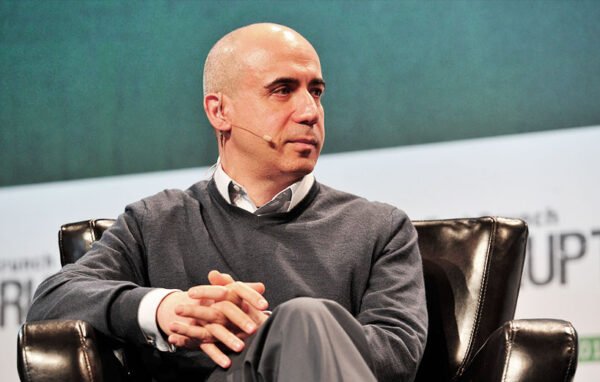
Language Learning. How Many Words is Enough?
It’s true that many of us want to learn a language but, for some reason or another, we never get around to it. Granted, it can seem like a daunting task, especially as adults can find languages much harder to pick up as they age, but many of the barriers we foresee between ourselves and fluency are manufactured in our own minds. Training your tongue in the acrobatics of another language is quite an easy thing to do today.

Of course, language is a skill that can always be improved. Even if you are an English person and speak English every day, there are always new words to learn and different ways to string a sentence together. This is true of every language in the world, and it’s these unique aspects of what many consider a hobby that keep the experience fresh. However, there should always be a goal in any learning experience.
Let’s look at Spanish as an example. There are twenty countries that have this European language as their official tongue, including Argentina, Colombia, Guatemala, Mexico, and Venezuela. That equates to 559m people who speak Spanish. The language tutor specialist Preply notes that there are 93,000 words in the language but the number of words required to get by in any of the above countries is surprisingly small – about 2,000. For those looking to learn Spanish online, numerous platforms offer resources and native speakers to facilitate quick and effective language acquisition.
What about Fluency?
There’s a rule in mathematics known as Zipf’s Law, which refers to how often something – anything – appears compared to other, similar things. In languages, this means that the most popular word appears twice as often as the next, and thrice as often as the third (and so forth). This is one of the reasons why the number of words anybody needs to learn to understand a language is so low. There aren’t many in daily use at all.

While there’s obviously a lot more to language than simply adding new words to your vocabulary (such as learning grammar rules), knowing how to label farm animals and count to ten will give you confidence in a new tongue and let you approach media like books with something other than confusion. Research indicates that knowing at least 2,000 words will help new speakers through 80% of their foreign language interactions.
An obvious question is whether those 2,000 words equal fluency – and the answer is probably not. Daniel Morgan, of the Shenker Institutes of English in Italy, defines fluency as being able to speak on a range of topics smoothly and with efficiency. As far as definitions go, it’s a little bit vague but speaking in a new language with the ease at which you do in your mother tongue would probably constitute fluency.
For anybody who has been struggling with the perception of a new language as some monolithic, looming thing, 2,000 words is only about three times the length of this article. It’s still a commitment that requires daily practice but setting a modest goal will help you on your way to becoming multilingual.














































